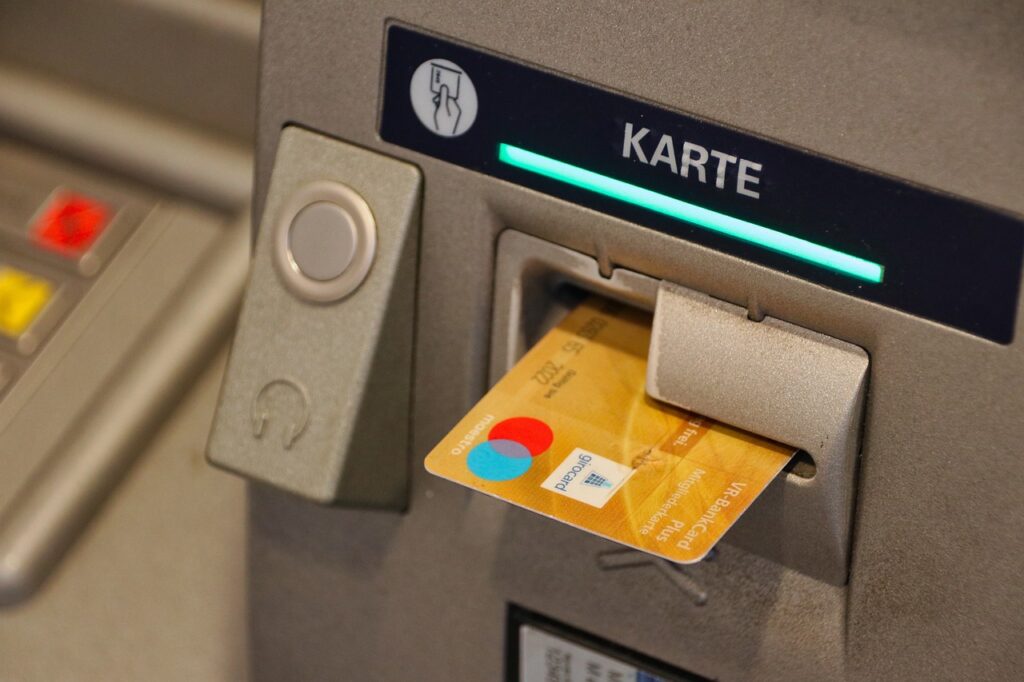
Financial Fraud: Protect Your Money From Online Scams
In today’s digital age, the convenience of online banking comes with its own set of risks. Financial fraud, especially online scams targeting bank accounts, has become increasingly prevalent. It’s crucial to be aware of these scams to protect your hard-earned money. In this article, we’ll explore some common online scams and learn how to safeguard your financial information.
Phishing Attacks:
Phishing is like a virtual fishing expedition where fraudsters try to lure you into revealing sensitive information. This often happens through deceptive emails, text messages, or fake websites that mimic legitimate banking platforms. Be cautious and verify the authenticity of such communications. Legitimate banks will never ask for your password or personal details via email.
Identity Theft:
Identity theft occurs when someone gains access to your personal information, such as your name, address, and social security number. Armed with this data, fraudsters can open bank accounts, apply for credit cards, and make unauthorized transactions. Regularly monitor your bank statements for unfamiliar activities and report any discrepancies immediately.
Online Shopping Scams:

When shopping online, it’s important to be cautious about the websites you visit. Some fraudulent sites may appear legitimate, but they are designed to steal your payment information. Stick to reputable online retailers, check for secure payment options, and ensure the website has “https://” in the URL to encrypt your data.
Fake Investment Opportunities:
Be aware of unsolicited emails or messages promising lucrative investment opportunities. Scammers often use convincing stories to attract individuals into investing money. Always research investment opportunities thoroughly and consult with a financial advisor before making any decisions.
Also Read: 7 Biggest Financial Scams in India
Lottery and Prize Scams:
Receiving an email or message claiming you’ve won a lottery or prize might seem exciting, but it’s often a scam. Fraudsters use these tactics to trick individuals into providing personal information or sending money for “processing fees.” Remember, if something sounds too good to be true, it probably is.
Protecting Yourself From Financial Frauds:
1. Strengthen Passwords:
Use strong, unique passwords for your online accounts and update them regularly. Avoid using easily guessable information like birthdays or names.
2. Enable Two-Factor Authentication:
Whenever possible, enable two-factor authentication for an extra layer of security. This typically involves receiving a code on your phone to confirm your identity.
Read More: 39% Indian families claim to be victim of online financial fraud: LocalCircles survey
3. Keep Software Updated:
Regularly update your computer’s operating system, antivirus software, and browser to patch security vulnerabilities.
4. Educate Yourself:
Stay informed about the latest scams and tactics used by fraudsters. Knowledge is a powerful tool in protecting yourself from financial fraud. Contact UniSense Advisory to help you in combatting such online scams.
5. Verify Communications:
If you receive an unexpected email, message, or call from your bank, verify its legitimacy by contacting the bank directly using the official contact information available on their website.
6. Report To the Right Authorities
If you suspect financial fraud, report it to relevant government agencies or through helpline number 1930 or on the National Cybercrime Reporting Portal. Timely reporting aids in the collective effort to combat online fraud.
Conclusion:
Financial fraud is a serious concern in the digital age, but by staying vigilant and taking proactive measures, you can minimize the risk of falling victim to online scams. Protecting your bank accounts requires awareness, caution, and adopting secure online practices. Stay informed, be skeptical of unsolicited communications, and take steps to safeguard your financial well-being.

